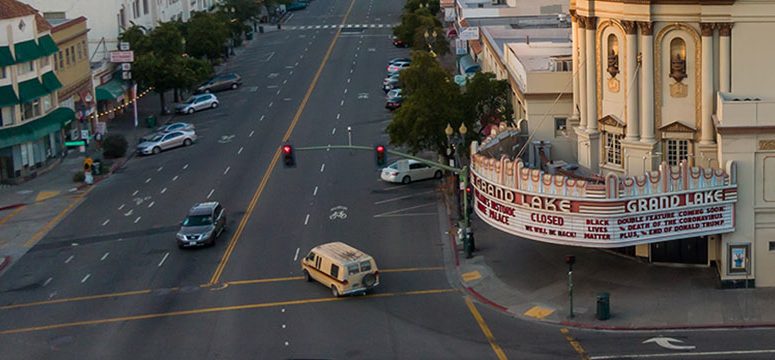To hear some key Republican lawmakers talk transportation policy, you’d think that state DOTs are straining under the burden of onerous national mandates.
Even some notable voices in the urbanist camp, like Harvard economist Ed Glaeser, are saying that federal control leads to inefficient spending, notes Yonah Freemark at the Transport Politic in his latest post.
Freemark points out that in fact, the feds already distribute the vast majority of transportation funds to the states, and it’s the states that have a poor track record of efficient spending:
States and municipalities have no clear record of choosing to invest in better projects when they are fully in charge of collecting the revenues to do so. States have too often proven a complete disregard for public transportation investments when they’re left fully in charge — see state infrastructure banks as evidence for that fact. While federal investments in transportation have been far from perfect, they have nonetheless provided for the significant expansion in transit offerings we’re now seeing.
The large majority of decisions on transportation spending with federal dollars is already made at the state and local levels. And state and local governments already contribute huge sums to the operation, maintenance, and expansion of their transportation programs.
Once the federal government collects tax revenue, it distributes funding to the states based on formulas agreed upon by members of Congress. For the most, part, the money goes back to the states and to metropolitan areas, which then fund projects based on the priority lists thatthey generate. It is true that Washington allocates some money for transit and some for highways, but within those categories, states and local governments generally have power to pay for the projects they want.
Elsewhere on the Network today: Second Avenue Sagas explores just how important the subway system is to New York City’s economy. Orphan Road explores the role of local political party dynamics in urban planning decisions. And Cap’n Transit explores two philosophies on the compatibility of transit and sprawl.






